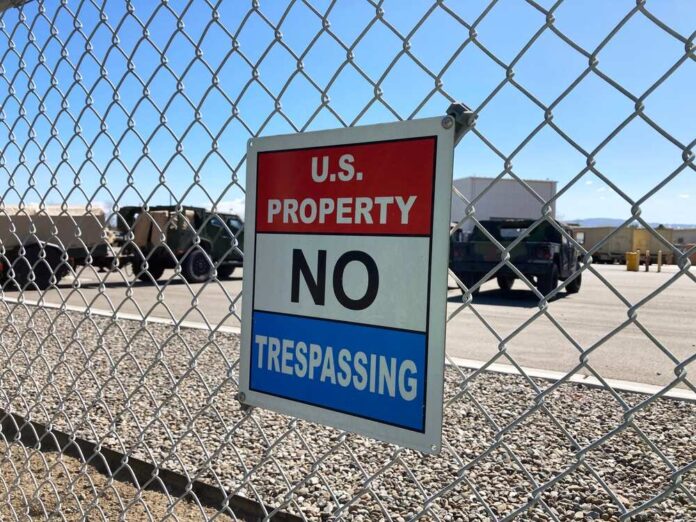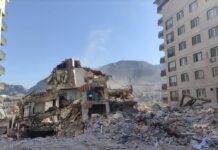
A recent rocket attack hit a U.S. military base in Syria, causing notable damage and potential casualties. This incident intensifies the already volatile security environment. U.S. forces are there as part of efforts to combat ISIS and stabilize the region.
The Gaza conflict complicates the situation, as concerns rise about possible broader involvement by the U.S. and its allies. Iran-backed groups in Iraq have been identified as the primary perpetrators of these attacks.
The U.S. has engaged in retaliatory airstrikes against these Iranian-backed groups, striking facilities used by the IRGC and affiliated groups. However, despite these retaliations, rocket attacks on U.S. forces have continued.
U.S. military bases in Europe, including the Army garrison in Stuttgart, Germany, have raised their alert levels to Force Protection Condition “Charlie.” This heightened state of alert is due to concerns about potential terrorist attacks targeting U.S. military personnel or facilities. An official stated that this threat level, unseen in a decade, signifies an “active-reliable threat.”
European authorities have issued warnings about potential terror threats, particularly ahead of the Paris Olympics and the European football championships in Germany. To bolster security, Germany has deployed 580 international police officers, while France has raised its national security alert to its highest level since March.
The recent spike in attacks on U.S. forces is tied to the Gaza conflict, as Iran-backed groups seek to pressurize Israel. The U.S. has shown restraint but indicated that continued attacks and casualties might force an escalated response. Hostilities between U.S. forces and Iran-backed groups in Iraq and Syria have a complex history, influenced by U.S. policy shifts and regional dynamics.
The United States launched retaliatory strikes in Iraq and Syria targeting over 85 locations, following the killing of American soldiers. These ongoing actions underscore the precarious situation and the delicate balance of power in the region.
Tensions remain high as U.S. military bases continue to operate under elevated threat conditions. The need for vigilance is clear amidst the multitude of threats targeting American forces at home and abroad. The international community’s focus must be on de-escalation to maintain regional stability and the safety of military personnel.
Both the U.S. and Iran face significant risks with potential for a wider regional conflict if hostilities escalate further. Efforts for diplomacy and de-escalation are urgently required to avoid an escalation of violence which could have severe and far-reaching consequences.

















